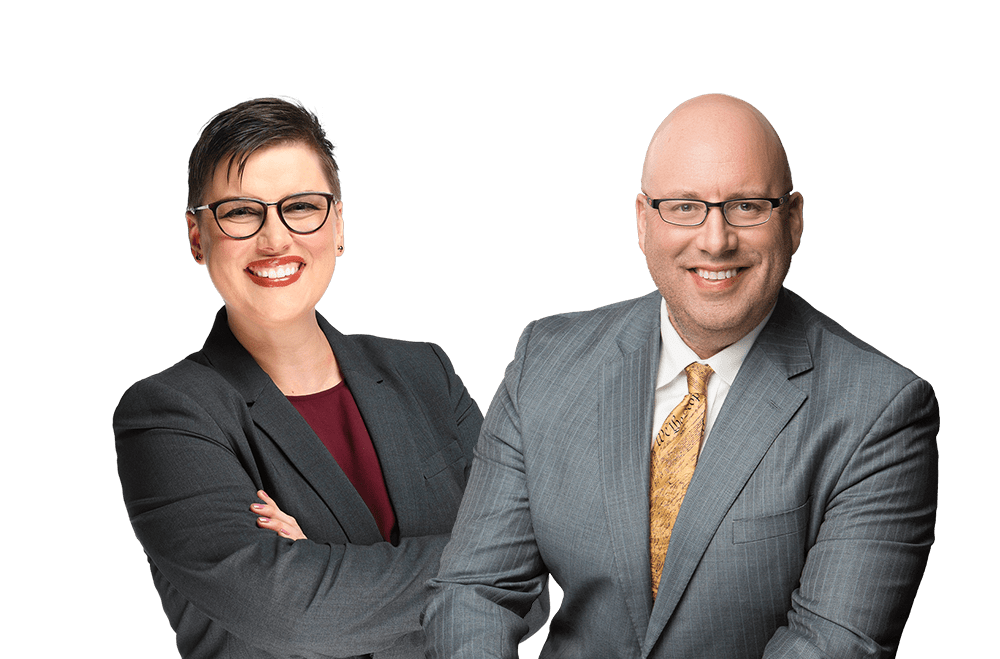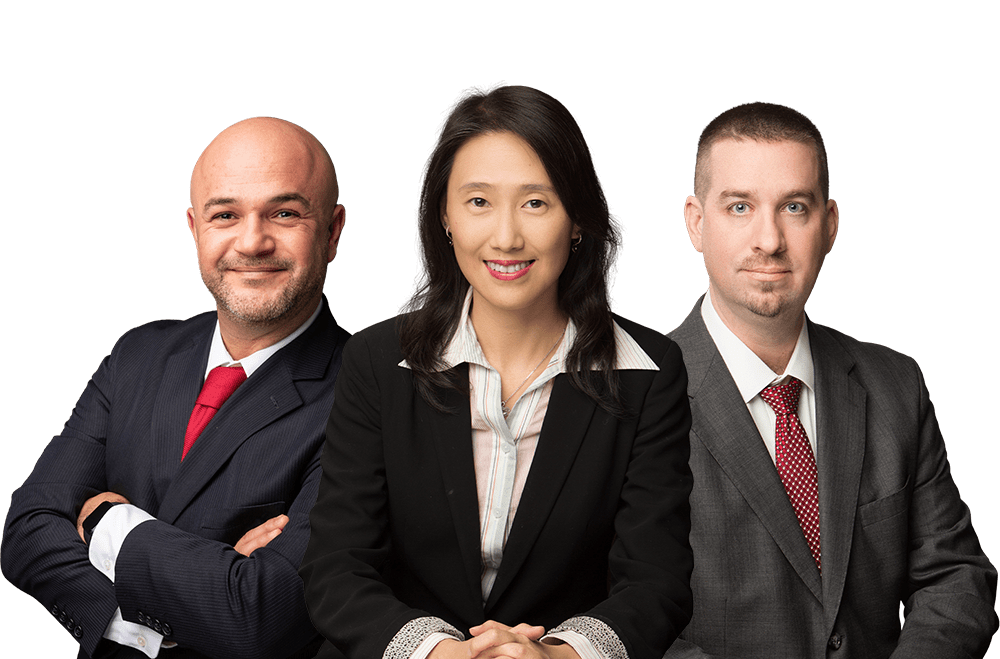PCT Patent Prosecution Highway (PCT-PPH) Pilots: IP5 PPH Pilot Program Extended to 2029
Following a joint decision by the IP5, the five largest intellectual property offices (CNIPA, EPO, JPO, MOIP (former KIPO), and USPTO), the IP5 Patent Prosecution Highway (PPH) pilot program has been extended for an additional three-year period, from January 6, 2026, to January 5, 2029.
Saudi Arabia Sees Growth in Patent Applications in 2025
Saudi Arabia witnessed a significant rise in patent applications filed by both individuals and national institutions in 2025. On January 22, 2026, the Saudi Authority for Intellectual Property (SAIP), reported that individual patent filings increased sharply from 2,007 in 2024 to 3,942 in 2025, marking a 96% increase in applications.
EPO Fee Increase Takes Effect April 1, 2026
The European Patent Office (EPO) has announced official fee increases effective April 1, 2026. Most fees will rise by approximately 5%, although filing, opposition, and appeal fees remain unchanged.
China Officially Releases the Trademark Law (Draft for Revision) for Public Comment
On December 27, 2025, the Standing Committee of the National People's Congress of China officially released the "Trademark Law of the People's Republic of China (Draft for Revision)" for public comment. This revision marks the fifth modification since the implementation of China's Trademark Law in 1983, and it deeply reconstructs the system in terms of bad-faith registration, procedural efficiency, and the exercise of rights. Although the draft revision deleted the previously controversial proposals such as the "mandatory five-year use statement" and the "mandatory transfer of bad-faith registrations," its core policy objectives of curbing bad-faith applications, strengthening use obligations, and improving procedural efficiency have not changed.
IP Tribunal of Supreme People's Court Awarded Punitive Damages of $295 Million Over the Past Seven Years
Third-Party Observations at the EPO: A Simple and Cost-Effective Tool, But Use It Wisely
Last month, the European Patent Office (EPO) issued a notice on the processing of third-party observations (TPOs) and the new online form for filing them. This is a good opportunity to review the key principles of TPOs and their potential effects, both positive and negative.
Qatar and Republic of Korea Sign Agreement to Enhance Qatar's IP and Innovation Ecosystem
On December 14, 2025, the Ministry of Commerce and Industry of Qatar (MOCI) signed an agreement with the Ministry of Intellectual Property of the Republic of Korea and the Korea Intellectual Property Strategy Agency (KISTA). This agreement will further enhance Qatar's IP and innovation ecosystem, in line with the Qatar National Vision 2030 and the Third National Development Strategy (QNA).
EPO Statistics Show Increase in Unitary Patents
Since the launch of the Unitary Patent system on June 1, 2023, over 75 000 European patents with unitary effect have been registered by the EPO. Unitary Patents provide patent protection in 18 EU Member States with a single request, a single translation and a single renewal fee. Based on the average number of granted European patents per year, about one out of four European patents have been transformed in Unitary Patents. Almost one third of all requests have come from SMEs and 8% came from universities.
USPTO Issues New Guidance on AI-Assisted Inventorship, Rescinding Its 2024 Guidance
On November 28, 2025, USPTO Director John Squires issued new guidance on AI-assisted inventorship and explicitly rescinded the February 13, 2024, guidance that had been issued by his predecessor Director Vidal. At issue is what human activity rises to the level of inventorship when a human uses an AI tool in a manner that results in an invention.
Is Writing Your Own Dictionary Dangerous? Yes.
While a patent practitioner's work may not qualify for hazard pay, significant responsibilities include imagining how a patent may be interpreted in the future and avoiding potential negative consequences arising from the words the practitioner used to describe an invention. A powerful tool in a patent professional's drafting toolbox is the ability to assign a particular definition to any term used in a patent – to act as a "lexicographer." As a lexicographer, a patent drafter has the ability to simply restate the common meaning of a term for clarity or to assign an alternate – such as an expanded or narrowed – meaning to the term. The ability to act as a lexicographer is especially useful when the drafter wishes to use a term differently than the term's "ordinary and plain meaning," but can have unintended consequences when careful attention is not given to the specific use of terminology throughout a patent specification.




